Notre-Dame loses short route across river when province closes another covered bridge
Closure of the Poirier Office Road Covered Bridge leaves community with 20-km detour
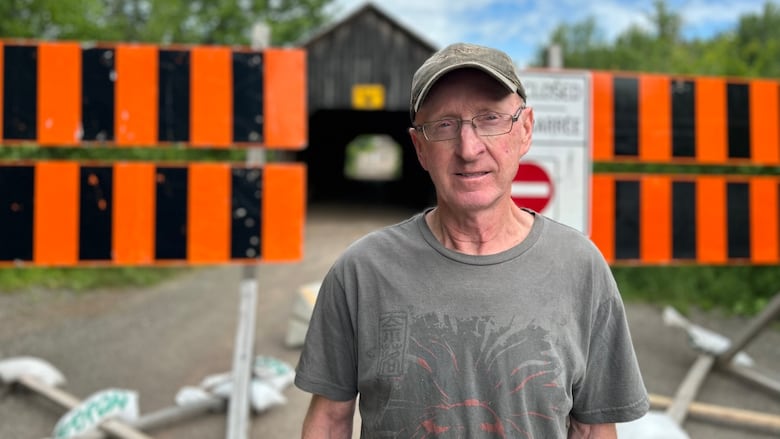
Robert Babineau was surprised one morning on his way to work to find concrete blocks barricading the covered bridge he takes across the Cocagne River.
He had to take an alternative road to his lumber business, which added 40 kilometres to his round trip.
Babineau and other residents of the community, a drive of about 30 kilometres northwest of Moncton, say they need a crossing. And they're having trouble getting answers from the province about one.
New Brunswick's Department of Transportation and Infrastructure confirmed the bridge was closed the first week of July because of its condition.
Spokesperson Jacob MacDonald said in an email that the department is exploring options to determine the future of the bridge, which was built in 1942.
"Improvements to detour roads have been made for better access to the area around the affected bridge," MacDonald.
Babineau said he owns some woodland, a sawmill, and a sugar shack, where he makes maple syrup. All parts of his business are across the river.
He goes to work six days a week and said the detour not only causes wear and tear on his truck but is expensive on gas.
"I've got to maybe do about 230 kilometres, like, every week," Babineau said as he imagined the detour and the increased cost of gas. "And I just got a small business."
Babineau said he was born in the area and has been using the covered bridge for about 60 years.
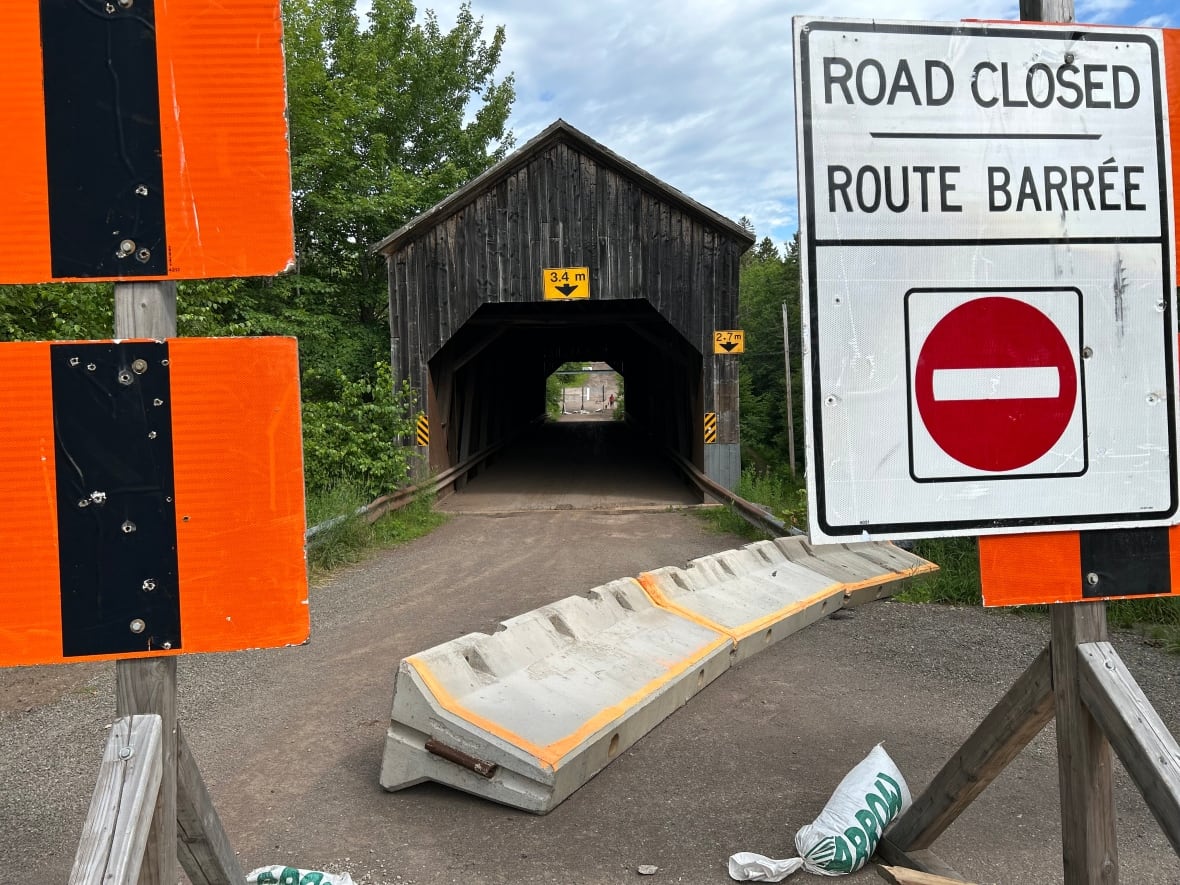
While he has many memories tied to the bridge and would like it saved, what he needs now is a solution.
"Sure, I would like to save that bridge but just as long as it's passable," he said.
"If not, if they want to build a new bridge, like, I'm all for it there."
He said there is no clarity on what the decision would be, but the closure has got him "thinking a lot."
Babineau said he fears his business would only survive a couple of years without a bridge.
The province's response did not say there were plans to demolish the covered bridge but didn't provide a reopening date either.
Gilles Leblanc owns 40 acres across the river, which he likes to visit once a week for recreation.
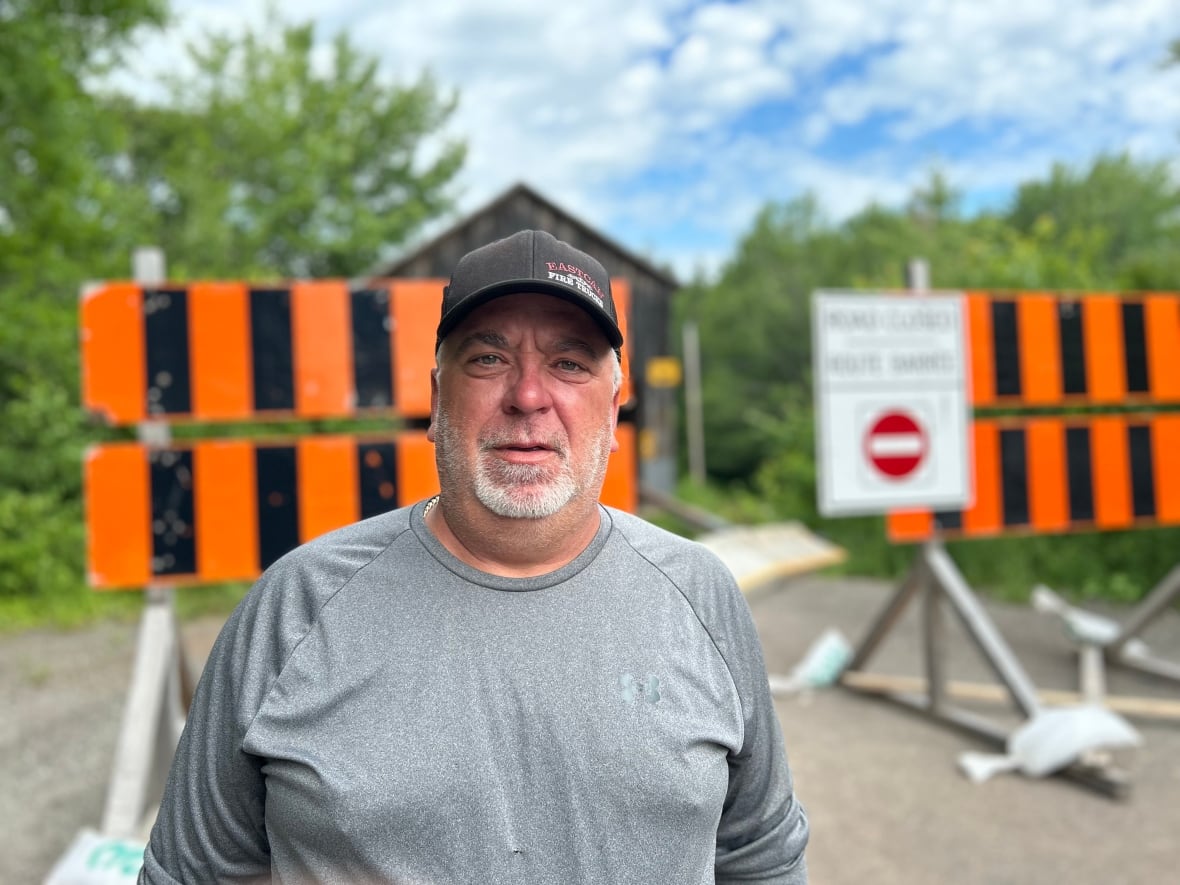
He said he and others in his community cross the bridge for barbecues, bonfires, hunting, fishing and access to ATV and snowmobile trails. Leblanc said he fears this won't continue if there is no bridge.
"The travelling [is] what's going to really kill us to go all the way around, and on the other end it's a long, long dirt road that's not very accessible in the springtime because it is muddy."
Ginette Leblanc, who lives within 100 metres of the bridge, said her family took their ATV and snowmobile to the main trail across the bridge four to five times a week.
She said this has not been possible since the closure because she could not drive either of those on the road for 40 kilometres.
"It affects a lot because one of the reasons that we bought this land 30 years ago was because we were beside a covered bridge … and that we like to have the access to the outdoors that we use all the time."
Many people have used the bridge as a backdrop for their graduation and wedding pictures.
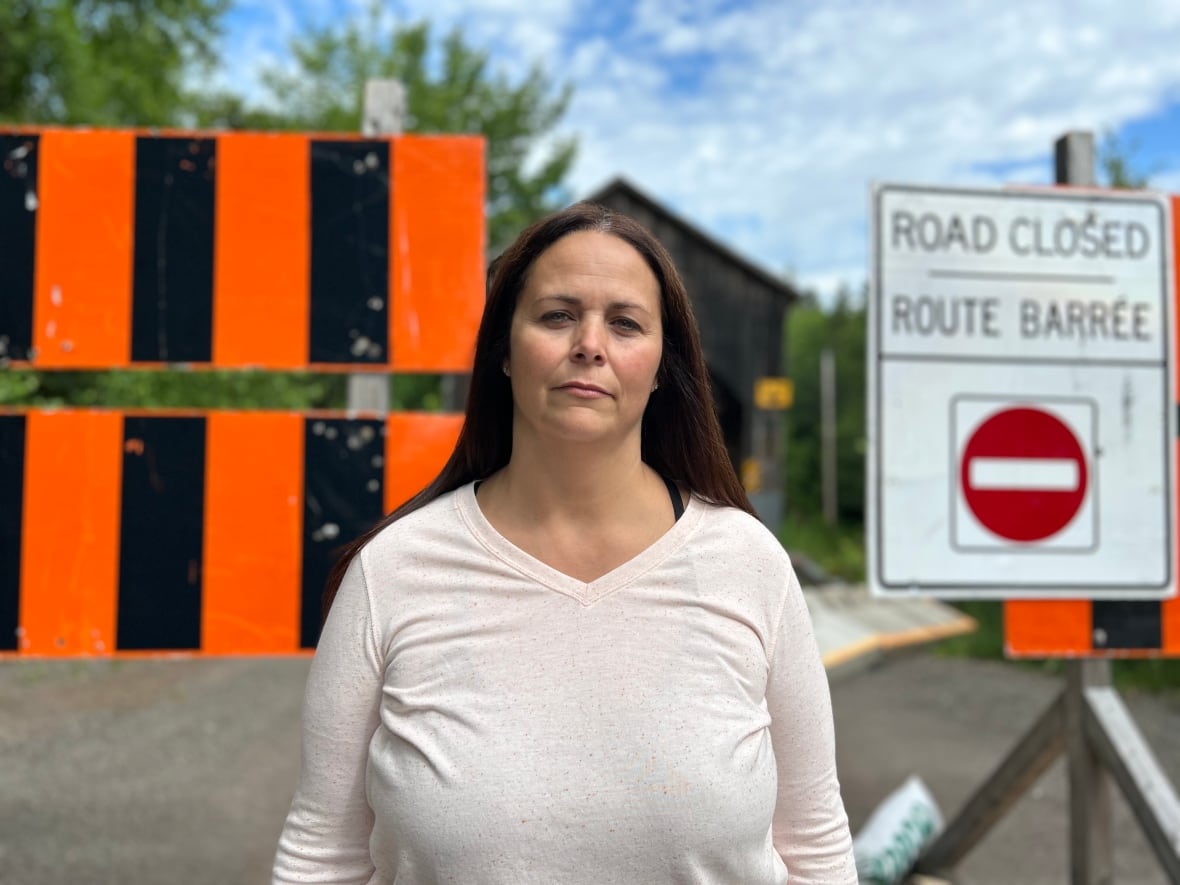
Leblanc said her priority would be to have the bridge restored, but "if they cannot fix it, just give us a way to have access anyways."
Leblanc said she worries the detour would be too great a distance for emergency vehicles if there is an accident on the ATV trail or her neighbour's house across the river catches fire.
Patrick Toth, vice-president of the Covered Bridges Conservation Association of New Brunswick, said his organization is trying to arrange a meeting with the provincial government regarding the Poirier Office Road bridge.
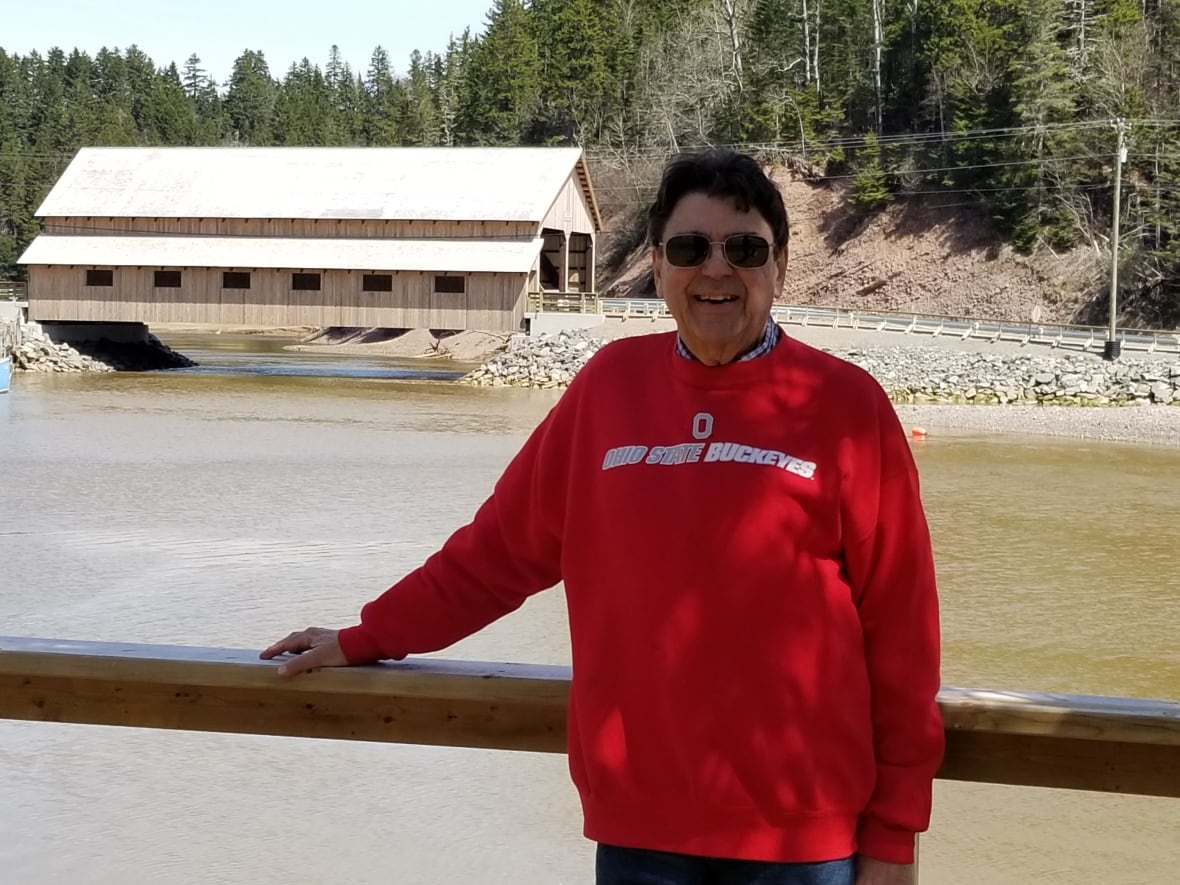
He said the association intends to seek information about the structure's future, as two bridges in the province have already been demolished this year because their condition had deteriorated.
The William Mitton Covered Bridge in the Moncton area was demolished in late February, and the Germantown Lake or Shepody River bridge in Albert County was removed in April.
"We need to get the word out to the public that many of our covered bridges in New Brunswick are in serious trouble and indeed in danger of being lost forever," Toth said.
"We want to see all of them saved that are remaining."


